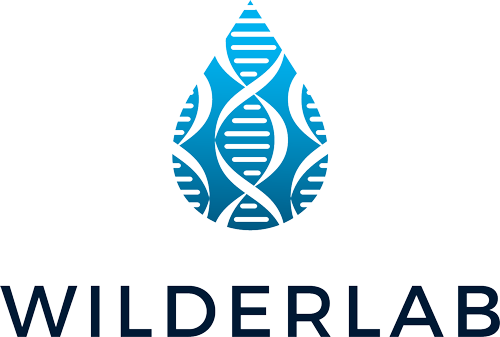eDNA testing for Corbicula freshwater clams
Updated: 19 June 2024
The invasive freshwater clams Corbicula fluminea and Corbicula australis have established in New Zealand, with a C. fluminea incursion discovered the Waikato River during May 2023, and a population of C. australis recently discovered in a water park near Taupō.
Corbicula DNA was detected in a batch of eDNA samples collected downstream from the Waikato River incursion zone shortly before their initial discovery. These sequences were detected on a broad-screening metabarcoding assay included in Wilderlab’s comprehensive freshwater testing panel.
While the broad-screening assay successfully detected C. fluminea near the incursion site, it is likely that this assay will only reliably detect this species when it is present at high density.
To detect the clams at low densities, we have now included a more specific and sensitive assay for detecting Venerid clams. This metabarcoding assay also reliably detects other invasive bivalves including the Australian freshwater clam Corbicula australis, the zebra mussel Dreissena polymorpha and quagga mussel Dreissena bugensis.
The Venerid clam metabarcoding assay has been included in our comprehensive freshwater testing panel since 7 August 2023. It is not included in our basic testing panel.
To date, we have not detected Corbicula DNA outside of the known incursion zones.
Secondary confirmation: We are working closely with the MPI Animal Health Laboratory ( AHL) to provide extra confirmation for any positive Corbicula fluminea eDNA detections outside of the known incursion zone. This is because not all of our native molluscs have had their DNA sequenced and uploaded to a public reference database such as GenBank, and there remains a small chance that the C. fluminea DNA barcode is shared by other species that naturally occur in our waterways.
With the golden clam incursion being a sensitive topic, we want to be 100% sure of any Corbicula fluminea eDNA detections before notifying our customers, regional authorities and MPI.
At this stage, any eDNA sequences that match with 100% identity to the barcodes of Corbicula fluminea will be reported at the family taxonomic level (i.e. family: Cyrenidae), until we can confirm the presence of C. fluminea by independent qPCR analysis at the AHL. This may mean slightly longer processing times for customers with affected samples.
Ordering: The Venerid clam metabarcoding assay is now included in the comprehensive freshwater panel at no extra cost. To request the re-analysis of archived samples, please send us an email at info@wilderlab.co.nz with the sample ID numbers that you would like re-tested, and we will provide you with a quotation. These services are available to Wilderlab account holders only.
Important note: Wilderlab takes your data privacy very seriously and we will never share your data or samples with a third party without your permission in accordance with our terms and conditions. If you are submitting samples to us for analysis you can indicate your consent to make your samples available to MPI-AHL for Corbicula qPCR analysis using the checkbox on the sample submission form or by notifying us in writing.
If you have any questions about our eDNA testing for Corbicula please don’t hesitate to contact us on 0800 336 295 or info@wilderlab.co.nz.

